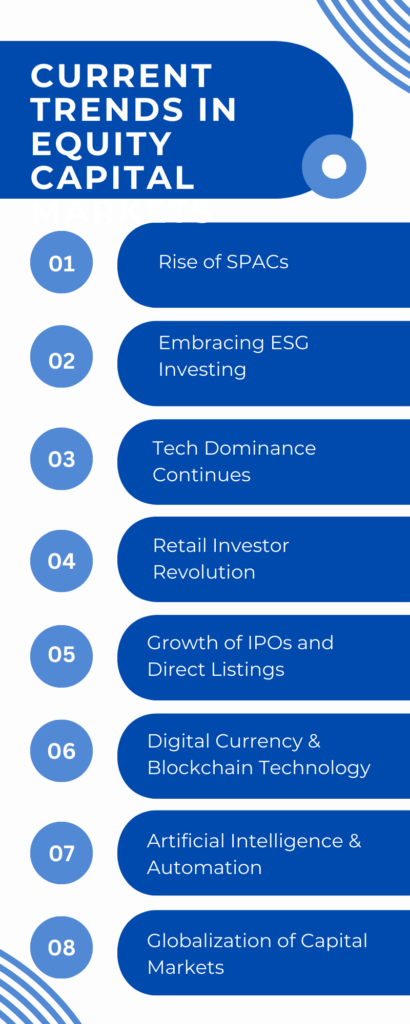Let’s talk about building a rock-solid investment portfolio. It’s like creating a champion wrestling team – you need a good mix of heavy hitters and strategic defenders. In the investment world, these translate to debt funds and equity funds.
Understanding Equity vs Debt Funds
A private equity fund, often called a PE fund, is a way for investors to pool their money to invest in different kinds of company stocks (and sometimes loans). These funds follow specific strategies related to private equity. These types of equity funds usually work as partnerships that last around 10 years, sometimes with the option to extend for one or two more years.
Here’s how it works: at the start, big investors promise to put money into the partnership, but they don’t pay it all at once. Instead, they pay it gradually over the fund’s lifetime.
From the investors’ side, there are two types of funds in equity vs debt funds: traditional, where everyone invests on the same terms, and asymmetric, where different investors have different deals.
What is debt funds, and how do they work?
Imagine fixed-income funds as your investment. They might not always steal the show, but they provide stability and reliable returns. Let’s understand what is debt funds and how it works:
- Debt Instruments: Debt funds invest in fixed-income securities like government bonds, corporate bonds & treasury bills. Think of it as lending your money to these entities, and they promise to pay you back with interest.
- Lower Risk: Generally, debt funds are considered less risky than stock funds. Why? Because you’re essentially lending to established entities, the chances of default (not getting your money back) are lower.
- Steady Income: Debt funds typically generate regular interest payouts, making them a good option for income-seeking investors or those nearing retirement.
What are equity funds, and how do they work?
Now, let’s get to the other side of the investment ring – equity funds. These are like your investment, Iron Man, wielding the potential for explosive growth but also carrying a higher risk factor.
- Stock Market Champs: Equity funds invest in company stocks. When these companies do well, their stock prices rise, and so does the value of your investment.
- High Growth Potential: Over the long term, equity funds have historically delivered higher returns than debt funds. Why? Because you’re essentially buying a piece of ownership in a company, and if that company thrives, your investment thrives, too!
- Higher Risk: There’s a flip side to that high growth potential – higher risk. Stock markets are volatile, and equity fund values can fluctuate significantly. Remember, with great power comes great responsibility!
Equity vs Debt Funds – How To Choose Between The Two
So, which one is the clear winner? The answer, like most things in life, is – it depends! Here’s a breakdown to help you understand the difference between equity vs debt funds.
- Risk Tolerance: Are you comfortable with some bumps along the investment road, or do you crave stability? If you’re risk-averse, debt funds might be your best bet. Equity funds are ideal for those who can stomach market volatility for the chance of higher returns.
- Investment Horizon: When do you need the money? Debt funds are appropriate for short-term goals (less than 3 years) due to their predictable returns and easy liquidity. Equity funds shine for long-term goals (5+ years) as they have the potential for significant growth over time.
- Financial Goals: Are you considering steady income or wealth creation? Debt funds provide regular income streams, while equity funds focus on capital appreciation (growth in the value of your investment).
Equity vs Debt Funds – Which Is Better?
There’s no single “better” option when choosing between equity vs debt funds. It really depends on your individual circumstances. Here’s a breakdown to help you decide:
Debt Funds Might Be Better If:
- You have a low-risk tolerance: Debt funds generally offer lower risk than equity funds.
- You have a short-term investment horizon: Debt funds are suitable for short-term goals (less than 3 years) due to their predictable returns and easy liquidity.
- You prioritize income generation: Debt funds provide regular income streams through interest payouts.
Equity Funds Might Be Better If:
- You have a high-risk tolerance: Although they carry more risk, different types of equity funds provide the possibility of higher, longer-term returns.
- You have a long-term investment horizon: Equity funds are ideal for long-term goals (5+ years) as they have the potential for significant growth over time.
- You focus on capital appreciation: Equity funds aim to grow the value of your investment over time.
Here’s a table summarizing the key differences of equity vs debt funds:
| Feature | Debt Funds | Equity Funds |
| Risk | Lower | Higher |
| Return Potential | Lower | Higher |
| Investment Horizon | Short-term (less than 3 years) | Long-term (5+ years) |
| Focus | Income generation (interest payouts) | Capital appreciation (growth in value) |
Equity vs Debt Funds : The Final Words
A well-diversified portfolio often blends debt funds and equity funds. This way, you can benefit from the stability of debt funds while also having the potential for higher returns from equity funds.
Many financial advisors can also help you create a personalized investment plan that considers risk tolerance, financial goals, and investment horizon. They can also guide you on how to strategically allocate your assets between debt funds and equity funds to create your investment dream team!
By understanding the strengths and weaknesses of equity vs debt funds, you can create a winning investment portfolio. Remember, it’s not about picking a single champion but rather building a balanced team that can weather market storms and propel you toward your financial goals.

Unlock Your Potential with Imarticus Learning’s Executive Programme in Investment Banking and Capital Markets
Imarticus Learning, in collaboration with IIM Calcutta, introduces the Executive Programme in Investment Banking & Capital Markets, tailored to meet the growing expectations of refining your existing financial skills. This niche initiative aims to provide professionals with the best investment banking and capital markets knowledge, covering fundamentals of equity vs debt funds, debt and equity capital markets, portfolio management, sales, trading and securities regulations, and mergers and acquisitions.
Our state-of-the-art curriculum focuses on prospective finance professionals, offering in-demand technical and managerial skills with a practical understanding of the subject matter and its impactful application.
Applicants have the opportunity to work on real-world projects and case studies, gaining an overview of investment banking and capital markets and developing necessary technical skills.
Earn IIM Calcutta Executive Education Alumni status with IIM investment banking program, granting access to the institution’s dedicated portal and a 5% discount on any long-duration program at IIM Calcutta.
Learn from highly qualified and experienced IIM Calcutta faculty, preparing to address real-life problems. Interact with campus immersion program experts and utilize their experience through live online learning.
Our admissions process selects the most accomplished professionals to join the program. Utilize the campus immersion program and interactive learning environment to connect with peers and gain valuable insights from their diverse experiences.
Ready to take your career to the next level?
Enroll now in Imarticus Learning’s Executive Programme in Investment Banking and Capital Markets and unlock your potential!





